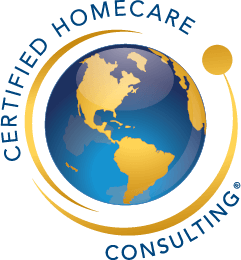5 Essential Steps to Getting a Home Health Care License

Approximately 26% of adults in the US have some sort of disability, the most common of which being a lack of mobility (13.7% of cases). When adults face serious challenges walking or climbing stairs, it can be difficult to access the care they need.
That’s where home health care comes in.
With a home health care license, you can take care of vulnerable patients in need. These unique and valuable health care providers attend to patients from the comfort of their own home. Often, you and your colleagues are the difference between life and death.
Yet, starting a home health care agency isn’t small potatoes. You’ll need a license to practice in most states. Some states require further certifications depending on the demand for home health services in the area.
Wondering how your home health care agency can get licensed and start working today? Take a look at the five essential steps you need to take before getting your businesses’ license.
1. Find out your state laws on home health care licensure
The first step to getting your home health care license is to find out if your state requires a license to operate. Here’s a list of states that don’t require you to obtain a license:
- Alabama
- Iowa
- Massachusetts
- Michigan
- Ohio
- South Dakota
- Vermont
- West Virginia
Once you’ve educated yourself about your state’s home health care regulations, it’s time to apply for a license. The exact requirements for a license vary from state to state. As an example, here are the license requirements for home health care providers in Texas.
First, the agency must complete computer-based training before filling out the application. Then, you must register with the State Comptroller of Public Accounts and the Secretary of State. We’ll talk more about that next.
2. Register as a legally operating home health care business
3. Pay your home health care license fee
- Initial licensing fees are $1,750 per agency and $1,000 for each alternate delivery site
- Change of ownership fees are also $1,750 per agency and $1,000 for each alternate delivery site
- Renewal licensing fees are $1,750 per agency and $600 for each alternate delivery site

